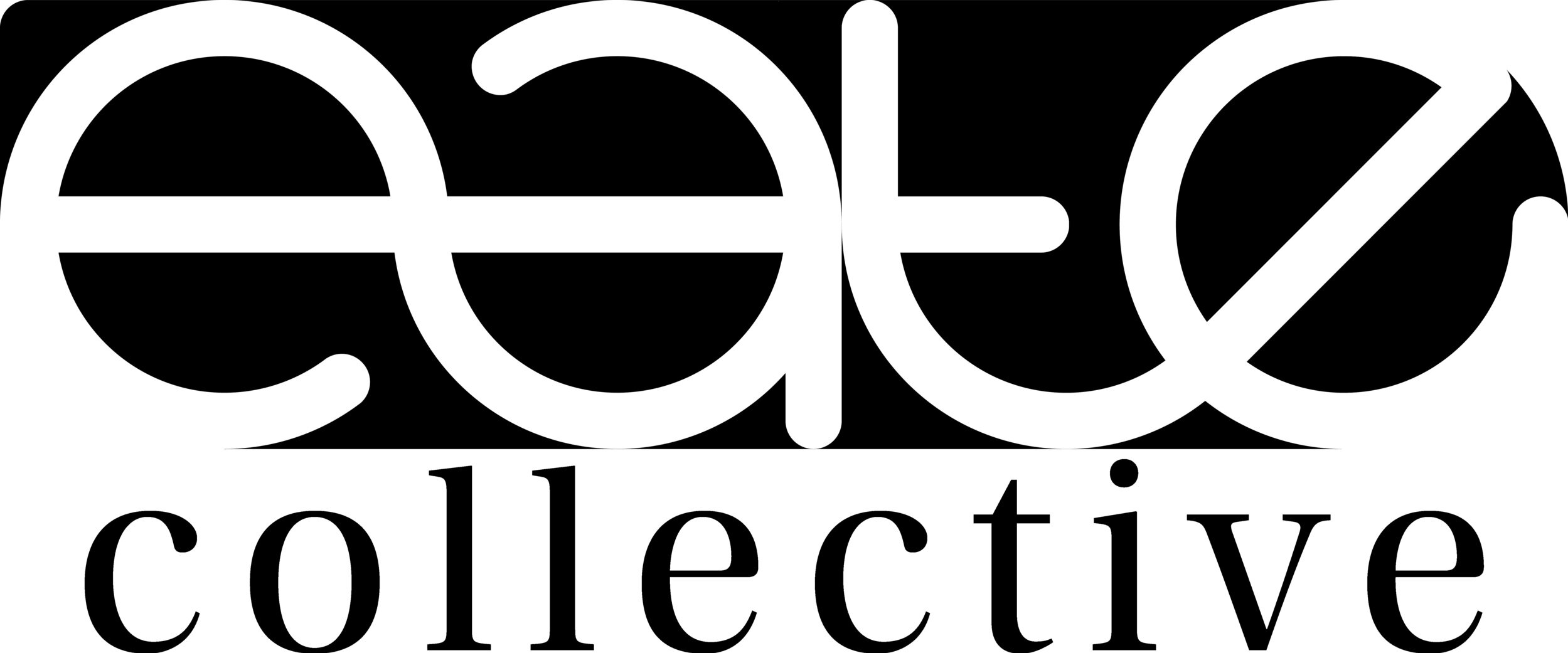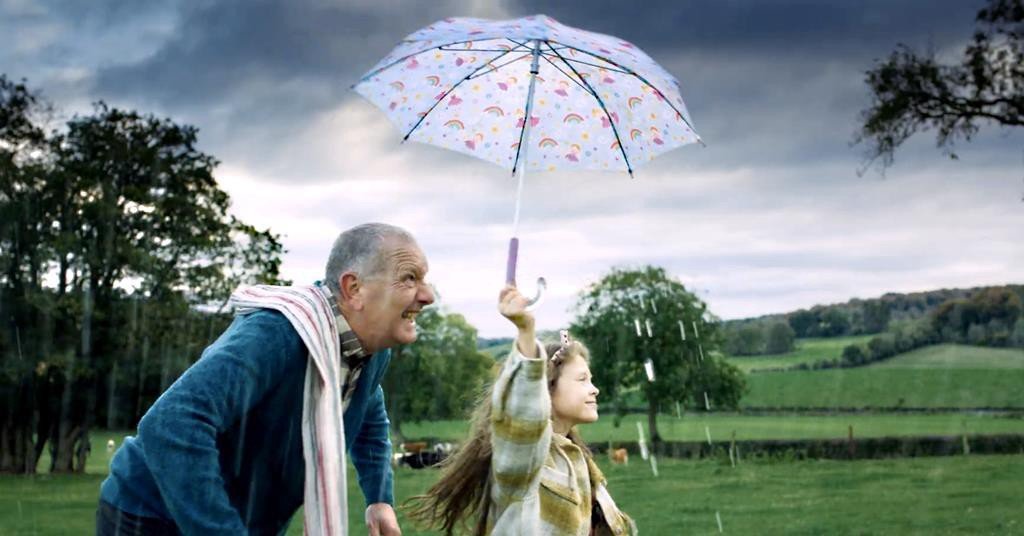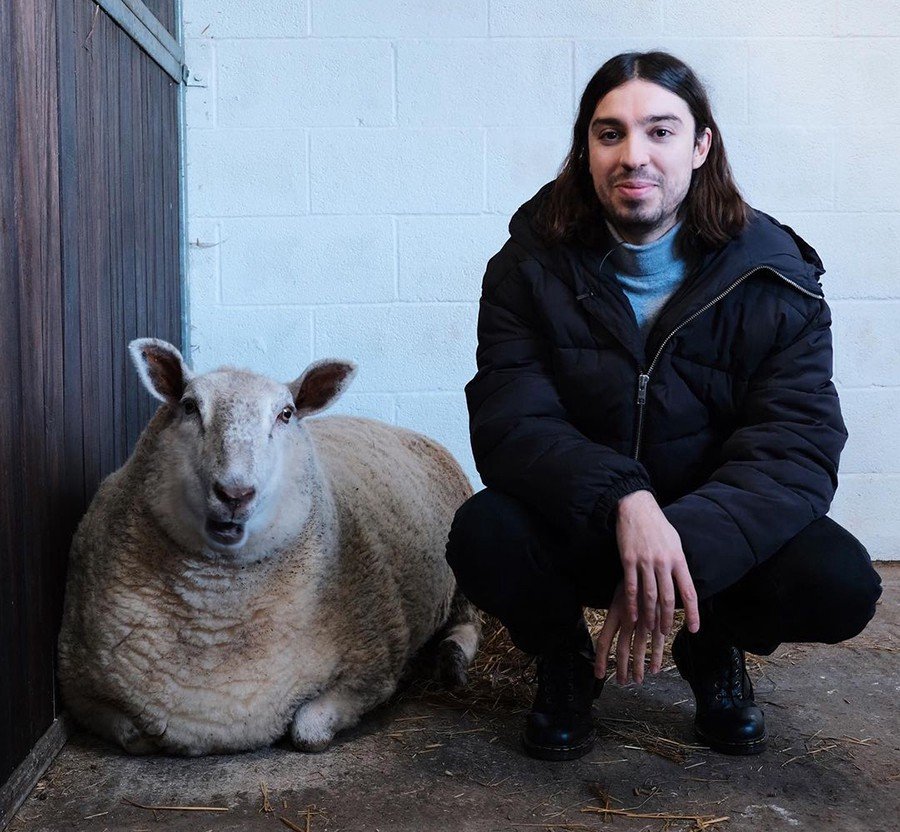What’s the beef? The meat and dairy industry’s £5 million campaign against veganism
If you live in the U.K. you may have seen a strange advert on your TV in the last few years that seems to be promoting meat and dairy in general. While also criticising the vegan diet.
There’s no particular brand of cheese or sausage. Simply, ‘eat meat and dairy — it’s good for you and the planet’. No, that wasn’t a weird fever dream. We all saw it. It was the ‘We Eat Balanced’ TV led advertising campaign, run by the AHDB.
Who is this AHDB and what are they up to?
They are the agriculture and horticulture development board and they’re funded by levies (i.e. compulsory taxes) from farmers and growers in the UK. They also work with industry partners (businesses) from across the meat and dairy industry.
The AHDB’s job is to promote the animal products that their funders are selling. Therefore, whatever message they peddle is going to be biased in favour of these products.
In January 2020 they launched their first £1.5 million ‘We Eat Balanced’ TV ad campaign. They have run the campaign every January since then. It’s a fairly obvious retaliation to the success of Veganuary. This is a campaign started by a vegan non-profit organisation which encourages the public to try eating only vegan food for the whole month of January.
In case you watch Netflix rather than TV (wise decision considering all this) I’ll briefly describe the scenes of their most widely spread advert out of the 16 that they have created.
We are shown aerial shots of rich green fields with cows grazing happily, and children running through wheat fields. Milk and steak videography is showcased at the end, and the whole while the narrator is spouting drivel about how British meat and dairy isn’t actually that bad.
The other ads run much the same, except they feature two characters; Nancy and her Grandpa. The most innocent characters with the most wholesome relationship you could think of.
Nancy typically asks Grandpa questions about the health benefits of eating various types of meat and Grandpa generally gaslights her into thinking there are many. Others are even more simple, with Nancy making claims that a particular animal product is good for your health or the environment in some particular respect.
Let’s fact check the ads!
“Did you know meat and dairy naturally contain vitamin B12 which can help your body release energy?”
Firstly, I was unable to find the scientific evidence on which the AHDB are basing this claim anywhere on their website.
Secondly, the key misleading word here is ‘naturally’. The vast majority of livestock in the UK gets their vitamin B12 from supplements. Theoretically there would be B12 naturally occurring in meat if animals grazed on land containing the right minerals. However, most are in factory farms where there is no soil.
Even the livestock that graze outside have to be given supplements because British topsoil and grass does not contain enough Cobalt — an essential mineral for cattle and sheep to produce B12 in their gut. A study found that over 62% of Scottish soils are at high risk of cobalt deficiency and that most farms supplement their livestock to combat B12 deficiencies.
Many UK farms supplement their cattle and sheep with boluses that contain cobalt. Boluses are large pills. They require farmers to use a ‘gun’ with a long stem to reach down the throat of a cow to deposit a bolus in its stomach. It provides the cow with cobalt for about 6 months.
Here’s a farmer who made a YouTube video showing the process and it’s not the most pleasant of procedures for the animal to say the least. (CN: it’s tough to watch). He also confirms that typically deficiencies in UK farms are either cobalt, copper, selenium or iodine.
Bolus Gun
On their website, the AHDB say that B12 is not naturally found in a vegan diet. This is true. However, often it’s not naturally found in meat and dairy either, which is what they’re implying.
Besides, just because something is natural does not mean it is healthy or sustainable. Some suggest that B12 from supplements may be more easily absorbed than B12 from meat sources. There is no need for our B12 to come from animals. We can cut out the middle cow and get it directly from supplements.
This one is true but misleading.
Grass fields in the UK are maintained to meet the needs of livestock grazing. However, farming livestock is not the only way for us to get nutritional value from UK land.
We Eat Balanced TV advert
There are exciting alternative ways such as moving to oat and legume farming.
Cattle and sheep produce a large amount of a very harmful greenhouse gas — methane. Since we can get by without meat and dairy, for the sake of the environment, we should.
Essentially, the AHDB is implying that the only way to make our local environment a part of our diet is through meat and dairy farming. The reality is, this is a very harmful use of our land. Again, we can cut out the middle cow. Just as we don’t need B12 to go through a cow to access its goodness, we don’t need plants to go through a cow either.
I found this one particularly funny. This is akin to saying ‘the carbon footprint of this oil rig is smaller than the global average’… That is quite the low bar you’ve got there. It’s still an oil rig.
British milk may have a smaller carbon footprint than the global average, but that’s not really saying much. According to the research the campaign itself referenced, the global average amount of Co2 produced per kg of milk is 2.4kg.
Unsurprisingly at this point, they didn’t actually state the supposed carbon footprint of British milk. However, unless it is less than 10.9 times smaller than the global average, it is still worse than oat milk. Considering the large amounts of methane cattle produce as a result of their digestive processes, and that methane is 28 times more powerful a greenhouse gas than Co2, and oat milk production releases no methane, this is highly unlikely.
There are various articles online that boast about how European and American dairy farmers are improving the sustainability of their farms by making the livestock they rear more efficient. In other words, they need less cows than they did 30 years ago to make the same amount of milk because of their selective breeding processes. Yet, whatever they do, cattle are still cattle. They will always produce methane gas.
I’m not even going to touch on the animal rights issues involved with selective breeding because the AHDB never claims their industry treats animals humanely or with respect. They know that claim would be slightly too preposterous (not that they seem to be scared of preposterous claims).
I need a drink
I’m going to stop there. The Eat Balanced campaign includes further misleading claims, however, I think I’ve demonstrated its lack of credibility enough.
The AHDB’s goal is not to improve our health, distribute scientific research or mitigate the effects of climate change. Their goal is to simply do what they’re paid to — sell more meat and dairy.
On the bright side!
AHDB’s campaigns and the amount of money they’ve invested into them show that they’re alarmed at the success of the vegan and veggie movement.
The climate change movement has been very successful at sharing scientific evidence that switching to a plant based diet can reduce your carbon footprint. This is why the AHDB are focusing on trying to contradict that information. It is harming their business.
This means our collective lifestyle choices have actually made a difference, which is really encouraging. Oftentimes we feel like our individual efforts at combating climate change are too insignificant to make a difference but this shows that together, our efforts are powerful.
In the last 50 years, dairy milk consumption has decreased by 50%. Plant milk consumption is slowly but surely taking its place — with 23% of Brits opting for plant based milks rather than dairy and this figure increases to 33% when looking at the choices of 16–24 year olds.
This doesn’t mean we shouldn’t support British farmers
No one wants to see farmers becoming destitute. That’s why we should support meat and dairy farmers to transition their farms to cultivating plants that humans can consume. A switch to cultivating vegan produce would be great for the environment, public health and animal rights.
Ed Winter’s organisation Surge has created an information pack for meat and dairy farmers that explains all the reasons to make the change. It includes information from farmers who have already made the switch or are in the process of doing so. The organisations Refarm’d and Farmers for Stock-Free Farming who have teamed up with Surge, also provide a lot of guidance and advice.
Ed Winters
Dairy and meat farming has been done for centuries in this country and so it’s easy to see why farmers might be reluctant to change. But all industries have to change with the times and with the impending climate catastrophe.
Izi wilkowski
Izi is a freelance copy and content writer from Somerset. She has a particular interest in writing for sustainable and ethical businesses.
You can read more of Izi’s articles here:
Or follow her instagram to keep up to date with her latest work









